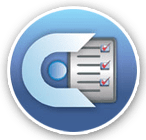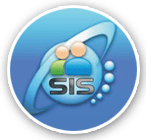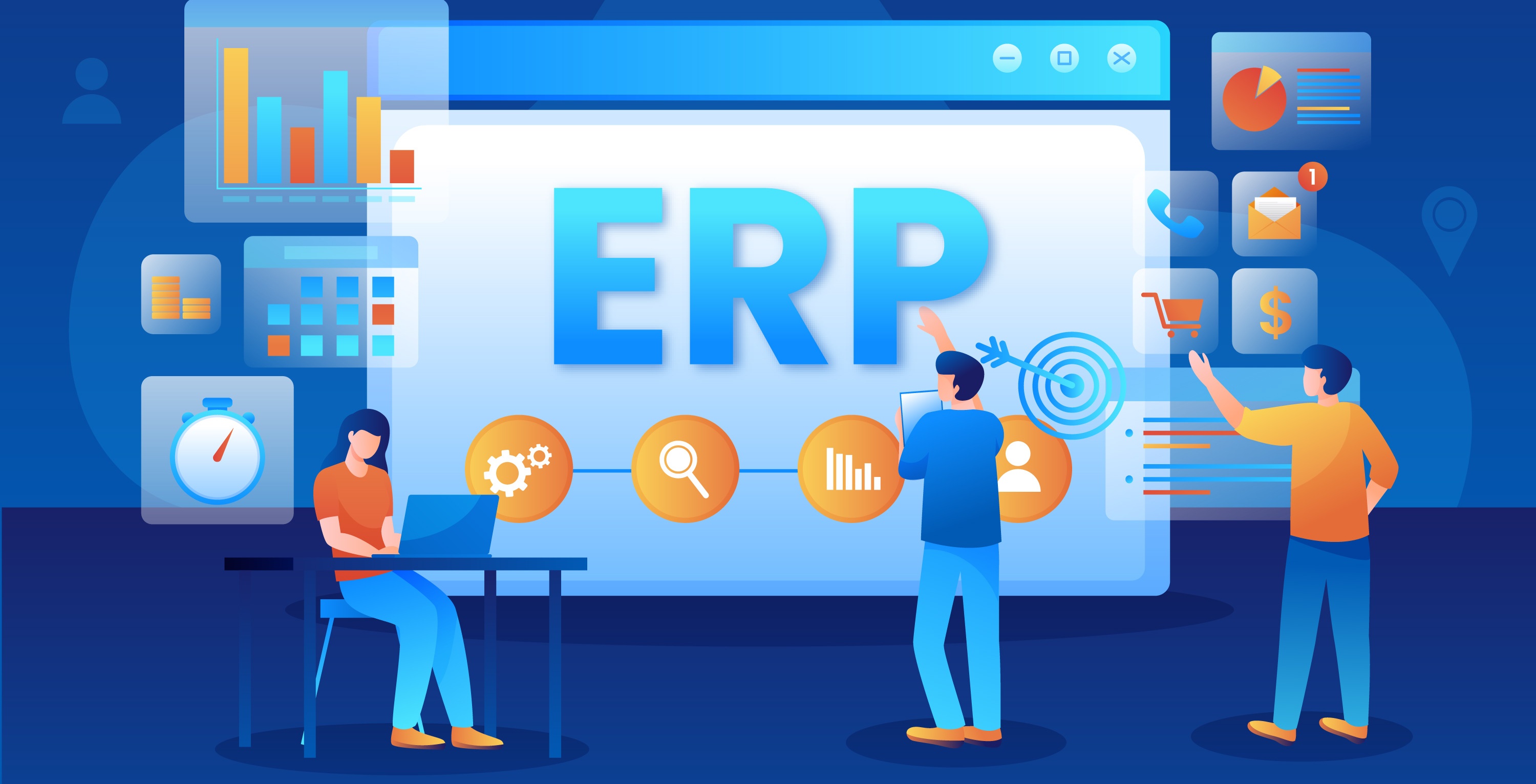These systems help schools, colleges, and universities manage student information, academic records, financial data, human resources, and other related functions. Here are some common features and benefits of school ERP software:
Features of ERP Software:
Student Information Management: Maintain a database of student information, including personal details, attendance records, academic performance, and more.
Academic Management: Manage timetables, class schedules, exam schedules, grading systems, and academic progress tracking.
Financial Management: Handle fee collection, billing, accounting, and financial reporting.
Staff Management: Keep track of staff details, attendance, payroll, and other HR-related activities.
Communication: Facilitate communication between students, parents, teachers, and administrators through announcements, messaging, and notifications.
Admissions and Enrollments: Manage the admission process, enroll new students, and generate admission-related documents.
Library Management: Maintain a catalog of library resources, track borrowing and returns, and manage library-related activities.
Inventory Management: Manage school assets, supplies, and inventory items.
Transportation Management: Organize transportation schedules, routes, and student transportation information.
Attendance Management: Track student and staff attendance, generate reports, and manage leave requests.
Timetable Management: Create and manage class schedules, assign teachers, and handle any changes in real-time.
Exam and Assessment: Set up and manage exams, assessments, and grading, including report card generation.
Parent Portal: Provide parents with access to their child's attendance, academic performance, and other relevant information.
Reports and Analytics: Generate various reports and insights to assist administrators in making informed decisions.
Benefits of ERP Software::
Efficiency: School ERP software automates manual tasks, reducing administrative workload and increasing efficiency.
Accuracy: With centralized data management, there's a reduced chance of errors and inconsistencies in records.
Communication: Improved communication between stakeholders enhances collaboration and transparency.
Data Security: Data is stored securely and access can be controlled based on user roles and permissions.
Parent Engagement: Parent portals enable parents to stay updated on their child's progress and school activities.
Cost Savings: By streamlining processes, schools can reduce operational costs and resource wastage.
Time Savings: Automated processes save time for both administrators and teachers, allowing them to focus on core activities.
Data Analysis: Analytics and reporting features offer insights into student performance, enabling data-driven decisions.
Scalability: ERP systems can scale to accommodate the growing needs of educational institutions.
Implementing a school ERP software can offer several benefits, including improved communication, reduced administrative burden, enhanced data accuracy, and better decision-making based on data insights. When selecting a School ERP Software, it's important to consider the specific needs of your institution, user-friendliness, support, customization options, and integration capabilities with existing systems.







